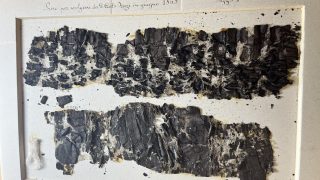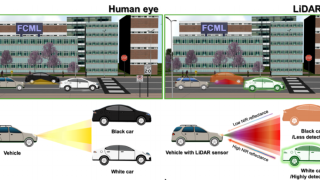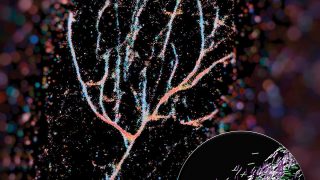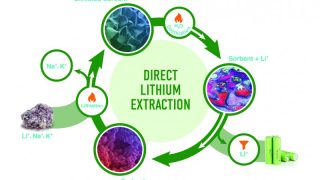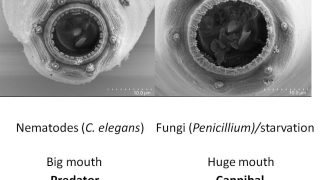
A. sudhausi, the superworm
Author: Ramón Muñoz-Chápuli has been Professor of Animal Biology in the University of Málaga until his retirement. He has investigated for forty years in the fields of developmental biology and animal evolution. Nematode worms may not be very popular, but what we know about their abundance is astonishing. After arthropods, chordates, and molluscs, they constitute […]
